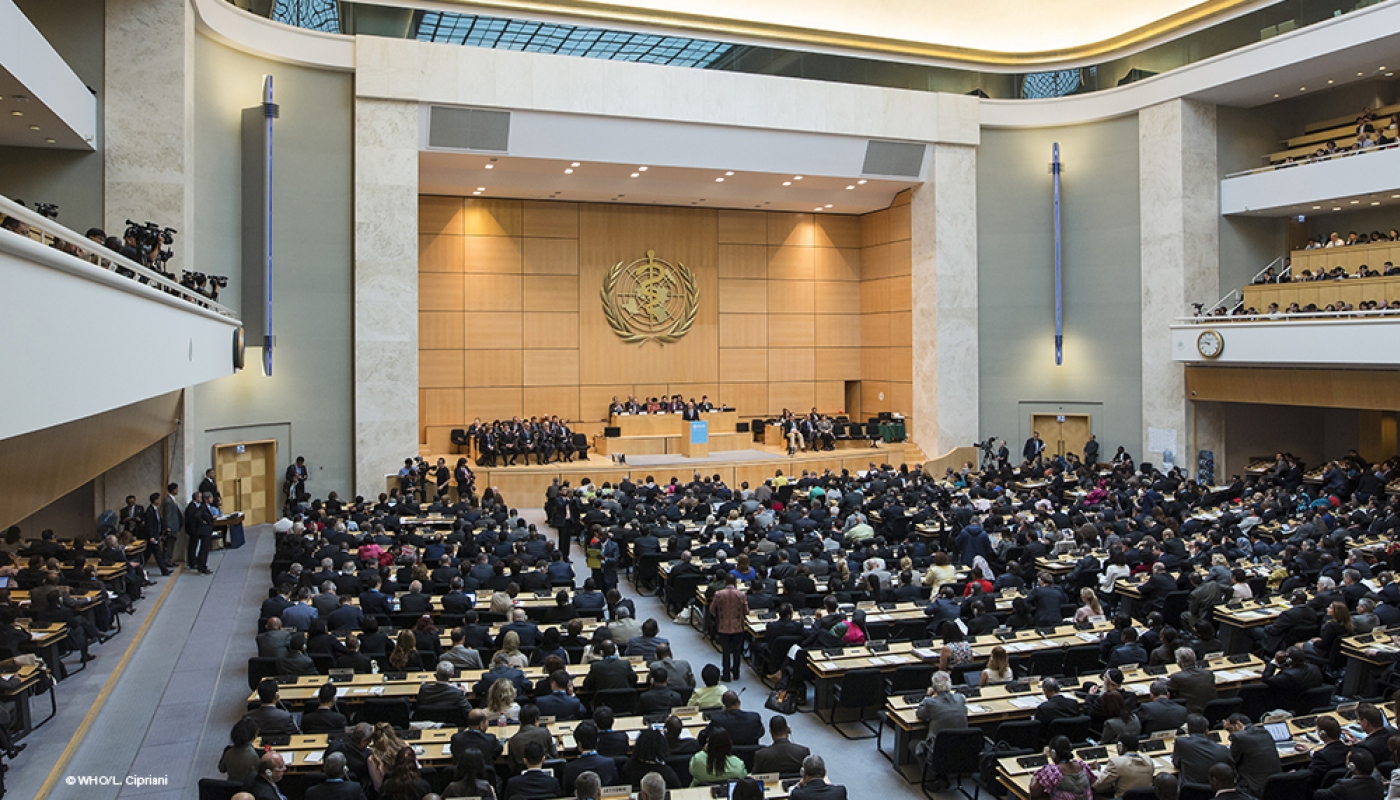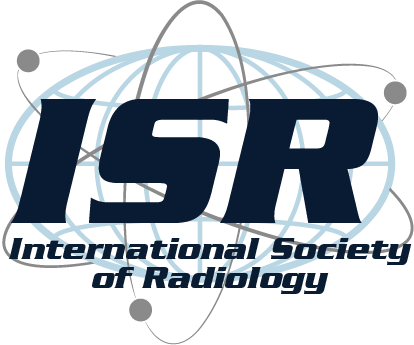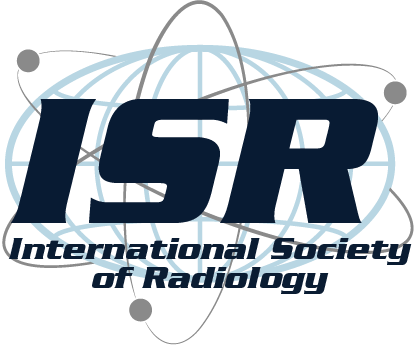The International Society of Radiology
ISR at WHO World Health Assembly 2017
ISR at WHO World Health Assembly 2017

The ISR as non-state actor in official relations with the World Health Organization (WHO) attended the 70th World Health Assembly held May 22-31 2017 in Geneva, represented by Prof. Guy Frija, ISRQSA Co-Chair, and Monika Hierath, ISR Manager Europe.
As statement supported by DITTA was presented on agenda item 15.6. “Cancer prevention and control in the context of an integrated approach“ emphasising the need for a global plan for diagnostic imaging, radiotherapy and IT in cancer management.
The full statement is copied below and will be included in the written documents of the World Health Assembly.
ISR statement at Seventieth World Health Assembly (A70/1)
Agenda Item:
15.6 Cancer prevention and control in the context of an integrated approach
Statement:
Thank you for giving the floor to the International Society of Radiology (ISR) to present this statement supported by the Global Diagnostic Imaging, Healthcare ICT, and Radiation Therapy Trade Association (DITTA), calling for a global plan for diagnostic imaging, radiotherapy and IT in Cancer Management.
ISR and DITTA fully endorse the recent report issued by WHO on cancer prevention and control in the context of an integrated care approach, which requires the most effective use and training of available resources. In addition, the continuous advances made in medical technology need to be accessible to patients globally to protect them against the use of obsolete equipment and to ensure the best possible diagnosis and care. Moreover, the data generated through an integrated cancer management approach, including ‘omics’ data, need to be effectively managed.ISR and DITTA believe a comprehensive plan based on imaging, radiotherapy and integration of ‘omics’ data is the best method to improve prevention, to provide earlier diagnosis and to deliver early intervention in the context of personalized (Precision) medicine in cancer management. This data integration model is most suitable for delivering the outcomes to meet the objectives of Sustainable Development Goal 3.ISR and DITTA issue 3 recommendations and a call to action to support WHO and Member States:
1-ISR and DITTA support the WHO recommendations that Member States develop and implement a national cancer control plan and emphasize the need to add a plan avoiding obsolescence of medical imaging and radiotherapy equipment.
2-ISR and DITTA agree that Member States should develop a specific plan detailing the technologies needed and ensuring comprehensive data integration including ‘omics’ data. It should go beyond genomics and include all diagnostic imaging and therapeutic imaging related data.
3-ISR and DITTA believe that comprehensive data management is needed to directly benefit the care of cancer patients, by providing a full integration with the clinical data and cancer registries.

